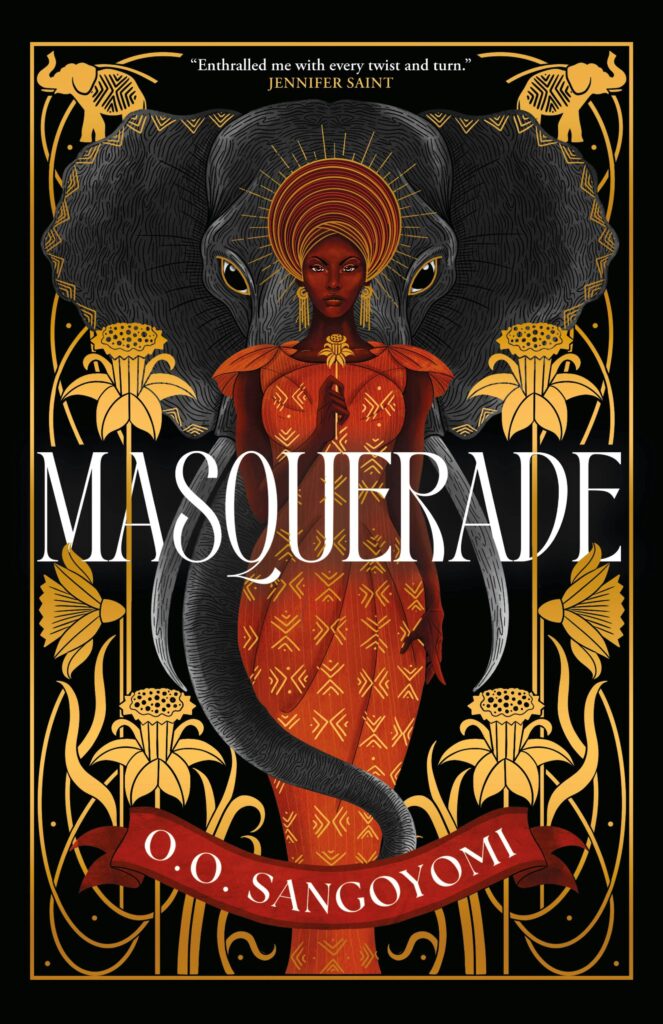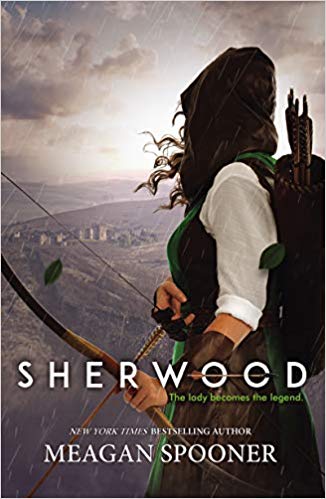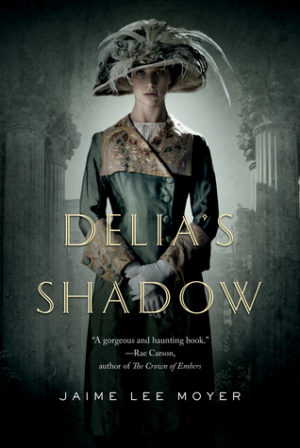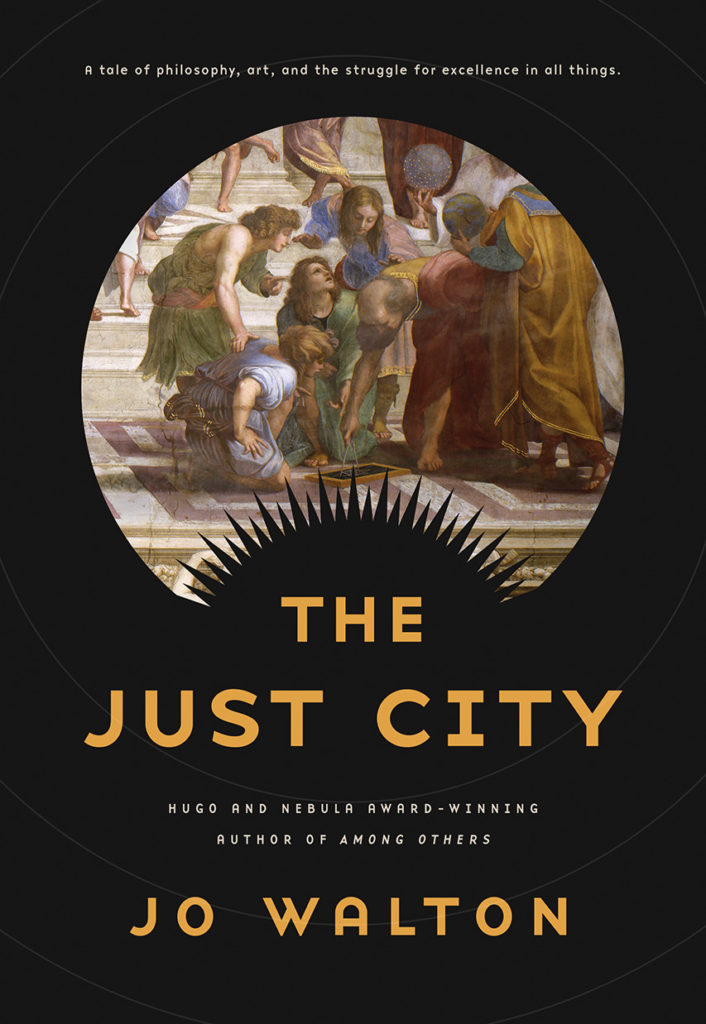Joint Reaction and Review: Trish Matson and Paul Weimer discuss SINNERS

SINNERS (2025)Directed by Ryan CooglerWritten by Ryan CooglerCinematography by Autumn Durald Arkapaw Starring:Michael B JordanMiles CatonHailee StenfeldJack O ConnellWunmi MosakuJamie LawsonOmar MillerDelroy Lindo Trish: The first trailer that I saw last year for “Sinners” was a bit cryptic, but I was excited because it reminded me a bit of a great Actual Play campaign I’d seen on Twitch, based on the Harlem Unbound module for Call of Cthulhu, called Harlem Hellfighters never die, in which Black pilots fresh back from the Great War found that there were even greater horrors lurking back home. Here, the trailer showed some Black men returning to the rural South and facing some kind of horror. And the movie was written and directed by Ryan Coogler, who directed Black Panther and other fine films, and starring Michael B. Jordan, a very fine actor, and numerous other notables! So I was all in for the movie, months ago, tried to avoid further spoilers, and saw it the first chance I got, Saturday of opening weekend. It wasn’t quite what I expected, but it was really great, and I do recommend seeing it in a theater if possible. The plot was gripping, the monsters had some seductive arguments, and the blues music running throughout the movie, and providing and enhancing major plot points, was strong, soaring, pulse-pounding and moving. Paul: For me, this was an unlikely movie to get me to watch. A horror movie, and one that is strongly focused and grounded and centered on music is not something that I normally would have contemplated going to see in the theater, or even renting a stream of. It is completely outside my normal genres on those two axes. I am very glad, however, that I was persuaded to do so. The movie is a slow burn in terms of genre. We get a sense at the beginning, given the wrapping story, that something very bad has happened to Sammie (Miles Caton), driving up to his father’s church wearing bloody rags, clutching a remnant broken neck of a guitar and his preacher father exhorting him to put it down and come to the Lord. Something terrible has happened, but what? The story then jumps back twenty-four hours, and shows us this one-day story. Sammie is a sharecropper on a cotton plantation in the deep south, in 1932, in the Mississippi Delta. He finishes his quota as fast as he is able, so that he can play his beloved music, to the chagrin of his father. Trish: Pastors condemning jazz and blues music as a tool of the Devil is an old trope, of course, about as old as those musical forms themselves. Many a jazz/blues musician has roots in Gospel music, because that’s where a poor Black person would have any opportunity for musical training in rural Mississippi, and many of them have been condemned for turning to “the devil’s music” associated with drinking, dancing, lust, fornication, other sins, and even just staying up late Saturday and missing church on Sunday. Moreover,, Delta blues musician Tommy Johnson claimed to have sold his soul to the Devil in exchange for mastery of the guitar. (Evolving musical forms of rock and roll and their descendants are similarly opposed by fundamentalists.) So the prologue felt very familiar to me, didn’t require any explanation, and instantly provided some worldbuilding references for people who already knew the context. In this case, the preacher was certainly vindicated in his fears for his son, although the danger turned out to be as much on account of Sammie’s mortal peril as for the perils to his soul. Paul: When Sammie’s cousins Smoke and Stack, identical twins ably played by Michael B. Jordan, show up, the plot kicks off. War veterans, former violent enforcers of Al Capone in Chicago, they’ve come back to create a Juke Joint in the Delta, a place for their people to go. So, much of the first act of the movie is Sammie going along with the brothers as they assemble the people they need to make it happen. We get introductions to all the characters that will be central to the drama. Smoke’s estranged wife Annie. Local Chinese shopkeepers and cooks Grace and Bo. Singer Pearline. Pianist Delta Slim, and others, including Stack’s ex-girlfriend Mary (Hailee Stenfeld), who is of mixed race but usually passing for white. The group congregates at a local abandoned sawmill which the twins have bought, with cash, from a local KKK honcho. Tonight, there will be food, drink, and music. MAJOR SPOILERS FOLLOW Paul: Up to this point, this movie is entirely a period piece, soaked in the music of the Blues and of the culture and place of the Mississippi Delta in the 1930s. But the movie starts its slow turn when a mysterious stranger arrives at a farm, claiming that Choctaws were chasing him, and asking to be let in. The couple who own the farm do so. The Native Americans arrive, warn the couple not to let such a dangerous individual as whom they are hunting in, and leave. Meantime, the vampire, for that is what he is, soon turns the couple and the genre part of the movie is off and running, Until the vampires decide to descend on the Juke Joint, the movie shows us our protagonists at their happiest, partying, drinking, eating, having sex, and playing music. One of the more fantastical and mystical and best scenes of the movie for me occurs here. Sammie is invited to play and give his real debut to the audience. We had gotten a voiceover intimation that people who can truly play music can transcend space and time, and this is what actually occurs in this set piece. As the audience dances and sways and reacts to the beautiful and heartfelt music, we see images, flashes of others in the audience, ranging from Africans and Native Americans in the far past, to futuristic costumed individuals beyond even our era of the
Book review: Masquerade by O.O. Sangoyomi

It’s an interesting work of alternate history in which a naive young girl has to grow up fast when she is abducted and installed in a foreign court as the intended bride of a warrior king. Ignorant at first, Òdòdó learns fast that kindness can conceal cruelty, and tenderness can be a distraction from tyranny; eventually, she learns how to make allies and take control of her own life, and more.
Book Review: Sherwood by Meagan Spooner

Lady Marian is left heartbroken when her fiance, Robin of Loxley, is killed in the Crusades. Already feeling constrained by society’s expectations of her as a noblewoman, she finds herself also increasingly struggling against the unjust laws and taxes levied against Robin’s people—her people in all but name. When she sneaks out one night to help the fugitive Will Scarlet evade Guy of Gisborne, she is mistaken for Robin and drawn into a double life. This feminist retelling was everything I could have wanted. Marian doesn’t conform to traditional ideas of femininity. She has Opinions about the injustice she sees around her, but is smart enough not to be too vocal about it; she knows well enough that her voice will be ignored and that there is a limit to what talk will accomplish. She’s also uncommonly tall, is terrible at embroidery, has a head for figures and is a brilliant archer (natch). This makes it sound she’s Not Like Other Girls, and I feel she definitely skirts the line. However, the story belies this by showing how she’s supported by other intelligent women. Some of these women are more traditionally feminine, but, like Marian, are smart enough to know that speaking up will get them ignored (at best). Instead, they act strategically in an effort to support a more just world.
Interview: Catherine Lundoff on the Scourge of the Seas anthology

Today on Skiffy and Fanty, an interview with SCOURGE OF THE SEAS editor Catherine Lundoff.
Book Review: Romance and Ghosts: Delia’s Shadow by Jaime Lee Moyer

Delia Martin’s early 20th-century American life as a woman of money and means is not all peaches and cream. Delia has an unwanted and rather terrifying ability to see ghosts. After the Great Earthquake of 1906, Delia left her San Francisco home, and she thought, the ghosts forever. One determined spirit that crossed the country to find Delia brings her back to her hometown. Delia, with the ghost, which she has named Shadow, arrive just in time for her best friend’s wedding and the Pan-Pacific Exposition besides. And the possibility of a new romance for Delia. Oh, and also just in time to wind up in the middle of the bloody run of a serial killer. A serial killer who has killed before. And a serial killer to which Delia’s shadow might have a connection. The eponymous Delia’s Shadow is the debut novel of Jaime Lee Moyer.
Socratic Dialogues and the Nature of Excellence: Jo Walton’s The Just City

Plato’s Republic is a book that has been debated and studied since its composition nearly 2400 years ago. It delves into some of the deepest questions of society. How do we design a city, a world, a political entity to benefit the most people? How should people be ordered? What is Justice? What is the practical upshot of creating a society, a city, ordered on the lines of The Republic? And what happens when the Goddess Pallas Athena decides that the thing to do in order to respond to Plato is to create a city based on The Republic, and populate it with people drawn through time and space, and several thousand children to be raised in the ways of the Republic, to carry the experiment truly forward? To create an experiment in a time and place where it cannot affect history but the pursuit of its excellence can be sought free of entanglements?

